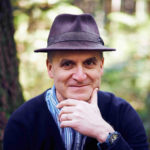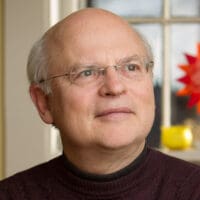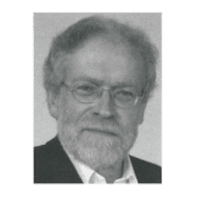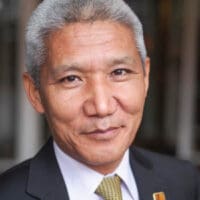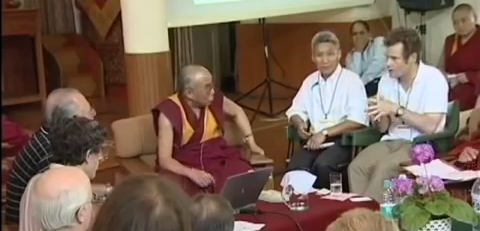Filmed during Mind & Life Institute’s “Mind & Life XIV: The Universe in a Single Atom” on April 9-13, 2007.
Day One
The Buddhism-Science Collaboration and the Limits of Scientific Knowledge: Exposing the Fracture Points
SPEAKER: Evan Thompson
While science has made phenomenal progress in physics, cosmology and neuroscience, the juxtaposition of questions posed by the Buddhist account unmasks many significant gaps in our scientific understanding. Many of these gaps are regarded by some segments of the scientific community not as fundamental limits in our understanding but rather as the current state of progress in particular fields of science, while the Buddhist account highlights some of these gaps as fundamental, such as the conjecture that the brain is necessary and sufficient for the expression of mind. We wish to know where the Dalai Lama is committed to the belief that crucial aspects of human nature cannot be understood, ever, scientifically? Whether there are mysteries that will remain mysteries?
The philosopher Evan Thompson will open the meeting with a consideration of some of the key issues that frame this debate and will expose the significant fracture points that distinguish traditional scientific accounts from the Buddhist view.
Atomism, Emptiness, Interdependence and the Role of the Observer in Quantum Physics and Buddhism
SPEAKERS: Anton Zeilinger, Arthur Zajonc
Quantum physics and Buddhism both raise questions concerning the nature of causality, the constitution of objects, the nature of emptiness and the importance of interconnectedness. As in Buddhism, physics contrasts the common-sense view of the world with a much more subtle and complex ontology and epistemology. In the third chapter of his book the Dalai Lama takes up these themes and relates them to the Middle Way school of Mahayana Buddhism. He writes, for example, of the importance assigned to the observer in both Buddhism (through the idea of dependent origination) and quantum theory, and he explores the crucial role of interconnectedness in ethics and ontology. How far are these two traditions similar and different and what are the larger implications of these ideas for life?
INTERPRETER: Thupten Jinpa
PANELISTS:
His Holiness the 14th Dalai Lama
Richard J. Davidson
John Dunne
Paul Ekman
R. Adam Engle
Martha Farah
George Greenstein
Matthieu Ricard
Bennet M. Shapiro
Wolf Singer

